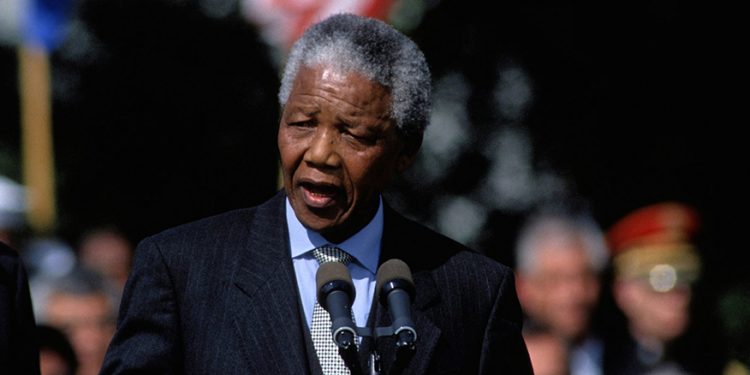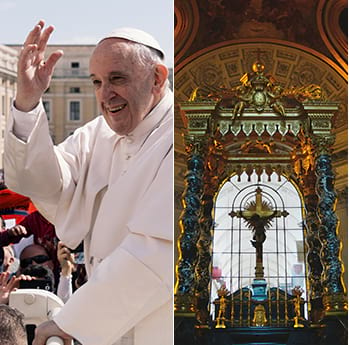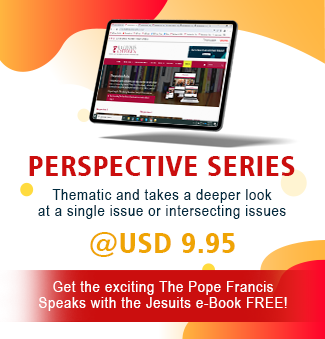Introduction
The 100th anniversary of the birth of Nelson Rolihlahla Mandela was celebrated on July 18, 2018. Co-winner of the Nobel Peace Prize (1993) and recipient of numerous honors, Mandela was the first president of post-apartheid democratic South Africa (1994-1999) and has been widely acknowledged as one of the greatest statesmen of the 20th century.
In this article I shall examine his career, leadership style, his faith and some of the posthumous controversies about him, concluding that, despite his many faults, Mandela’s greatness remains. Indeed, I shall suggest that he was above all a public figure who embodied many of the central precepts of Catholic Social Thought.
A brief biography
Since his life has been comprehensively covered in his autobiography[1] and by biographers,[2] and since Mandela’s story is widely known, I shall be brief in summing up his remarkable life.
Born in Mvezo in 1918, near Mthatha, in what is today the Eastern Cape Province, the son of a Thembu chief, after his Xhosa initiation he was given the name Dalibunga (“maker of parliaments”). Although this probably expressed his expected role in the Xhosa community, the name is prescient given his later political career.
Having attended Methodist mission schools and the universities of Fort Hare and Witwatersrand, Mandela completed his legal studies as an articled clerk (a legal assistant) in Johannesburg. As an attorney he formed a legal partnership with his friend Oliver Tambo. Both of them became active members of the Youth League of the African National Congress (ANC), a political movement founded in 1912 to extend political and social rights to black people in South Africa.
From this base in the more politically militant Youth League, which moved the whole ANC in the late 1940s from a policy of conciliation to a politics of nonviolent confrontation with apartheid,[3] Mandela and Tambo became key players in the 1952 Defiance Campaign and the Congress of the People process that led to the creation of the Freedom Charter (a “peoples’ constitution”) in 1955.
For their troubles, Mandela, Tambo and 154 other members of the ANC and its sister movements that formed the Congress Alliance were arrested and charged with treason in December 1956. The trial dragged on four years, during which time the ANC was banned (1960), but culminated in acquittals for all the accused in 1961.
In the meantime, following the failure of nonviolent protest in the 1950s to convince the National Party government to even start to move away from apartheid, the ANC decided to move to armed struggle. Mandela, who was among the first to consider this possibility (as far back as the early 1950s), was one of the founding members of Umkhonto weSizwe (“Spear of the Nation”), known by its acronym MK, in 1961.
This article is reserved for paid subscribers. Please subscribe to continue reading this article
Subscribe
Welcome to
La Civiltà Cattolica !
This article is reserved for paid subscribers
Please login or subscribe to continue reading this article
























